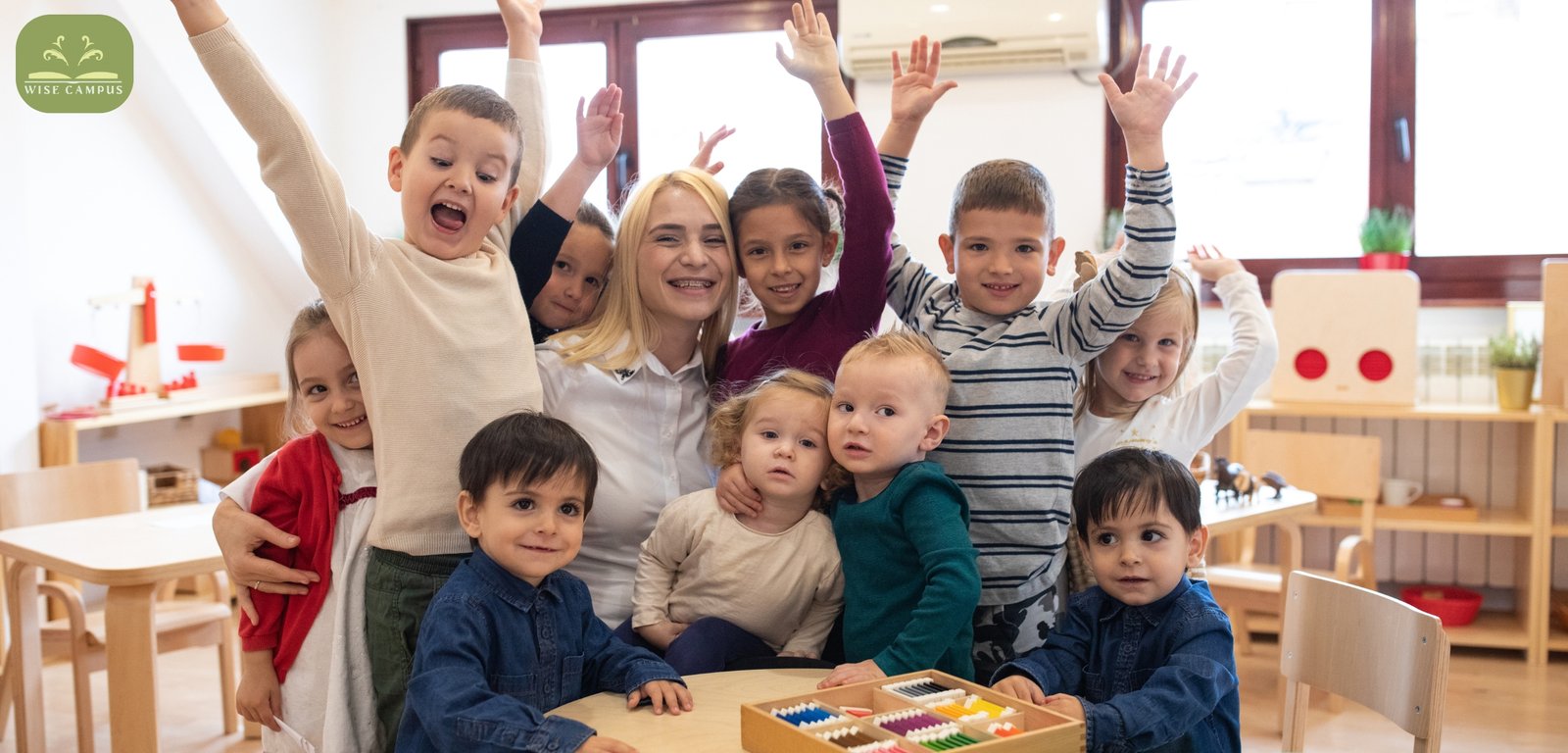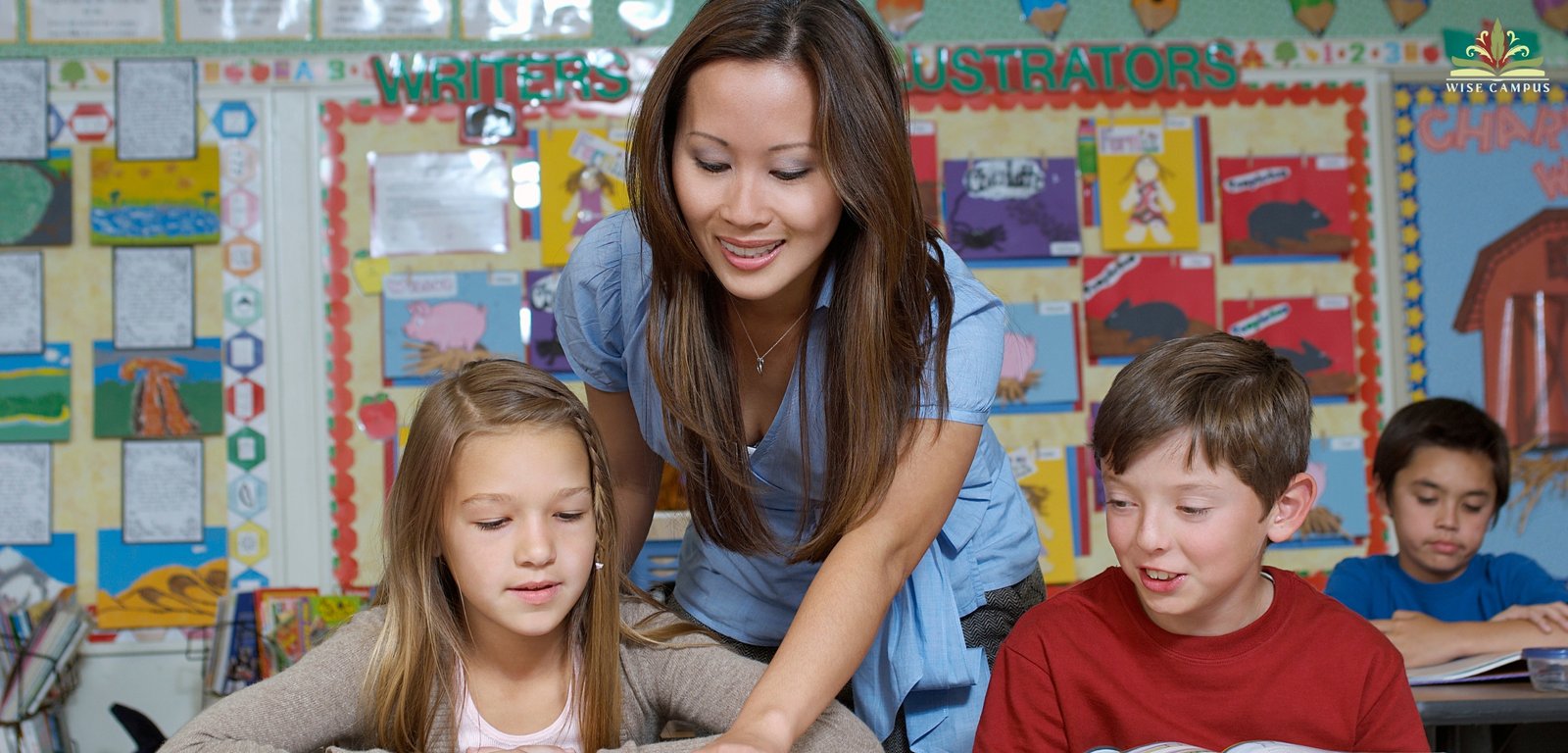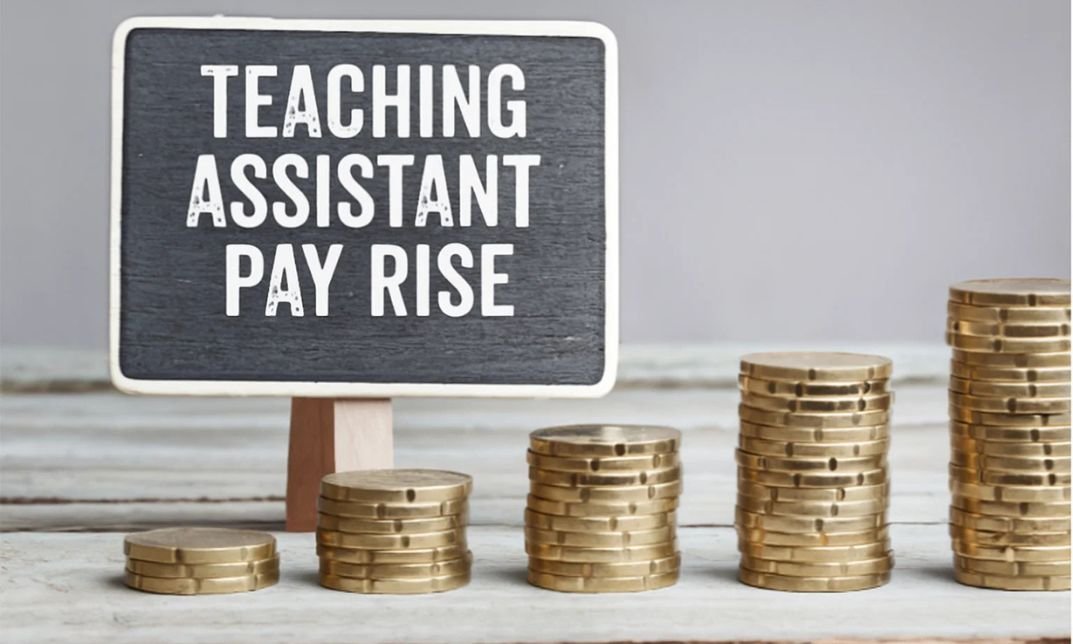No products in the cart.
Have you ever considered working in a school but are unsure where to start? Therefore, becoming a classroom assistant can be a great first step. Classroom assistants, often known as teaching assistants or TAs, support teachers and students, making a significant difference in daily school life. So, if you want to help young learners thrive, you might be wondering how you can become one.
In this blog, we’ll walk through what a classroom assistant does, the skills you’ll need, and the steps to get started. Working as an assistant can be rewarding and meaningful, especially if you enjoy being around children and want to support their growth and learning. So, let’s dive in and explore what it takes to get started in this field.

What Does a Classroom Assistant Do?
The role of a classroom assistant may vary. However, their primary role is to support teachers and help students in a variety of ways. Tasks may include:
- Help students with their work while studying.
- Preparing teaching materials in the classroom
- Classroom management when teachers are busy
- Support students who need extra help
- Helps to control behaviour
Therefore, being helpful means being flexible and ready to take on a variety of responsibilities. It’s not always easy. But it is important work that helps the classroom run smoothly. They play a key role in creating a supportive and effective learning environment.
How to Become a Classroom Assistant?
If you’re serious about becoming a classroom assistant, you have to follow certain steps to make sure you’re prepared and qualified. Here’s how to start your journey:
Obtain the Necessary Qualifications
In most cases, you don’t need a university degree to become a class assistant. However, most schools will expect you to have a good standard of education, including GCSEs in English and Maths. Some positions may also require additional qualifications, such as a Level 2 or 3 Diploma in Supporting Teaching and Learning in Schools. These courses cover child development, learning theories, and practical teaching skills.
Gain Relevant Experience
Working with children can greatly increase your chances of becoming a classroom assistant. This can include volunteering, babysitting, and working in after-school activities. Schools frequently prefer individuals who have a history in childcare or have worked in similar settings.
Get a DBS Check
Most schools require that classroom assistants undergo a Disclosure and Barring Service (DBS) check to ensure they are suitable for working with children. This background check is essential for safeguarding in schools.
Apply for Relevant Job Positions
Once you have the qualifications and a DBS check, you’re ready to start applying. Look for positions on job boards, school websites, or local council pages. Customise your CV to highlight any experience with children and your skills in communication, organisation, and teamwork. A well-written cover letter explaining your interest in education and your desire to support children’s learning can also make a difference.
Prepare for Interviews
When you land an interview, be prepared to discuss why you want to become a classroom assistant and how your skills and experience make you a good fit. Schools may ask how you would handle specific situations in the classroom, so consider examples that show your patience, adaptability, and teamwork skills.

Key Skills Needed to Become a Classroom Assistant
Now, let’s talk about the skills that make a great classroom assistant. These are not necessarily skills you are born with, but with time and effort, you can develop them.
- Communication Skills: Good communication skills are essential for this profession. You’ll need to talk with students in a way that helps them understand their tasks. Moreover, you’ll also be in regular contact with the teacher and sometimes with parents, so being clear and friendly is essential.
- Patience and Knowledge: Working with children can sometimes be challenging, especially when they are learning something new. Therefore, patience is crucial. Classroom assistants often work with students who need more time to grasp new ideas, so a calm and supportive approach is necessary.
- Organisation and Time Management: Teachers often rely on classroom assistants to help manage the daily activities in a classroom. Thus, being organised helps keep things moving smoothly. Whether preparing materials for lessons or keeping track of students’ work, time management and organisation are key.
- Flexibility and Adaptability: Since the duties can change daily, flexibility is an important skill. There may be times when you have to help out in different classes or manage unexpected issues. Being adaptable means you can handle whatever the school day brings.
- Teamwork: As an assistant, you’ll be working closely with the teacher and sometimes other staff members. Therefore, being able to work as part of a team is critical. Supporting each other can make the classroom a more positive place for everyone involved.
Why Should You Consider This Career?
This role can be an excellent choice if you’re passionate about education and enjoy working with children. These professionals make a real difference by helping students feel supported, valued, and capable of learning.
Moreover, working as an assistant can lead to additional job prospects in education. After acquiring experience, some assistants decide to become full-time teachers, special needs assistants, or school administrators. Thus, a classroom assistant position might serve as a stepping stone for anyone interested in a long-term career in education.
Final Thoughts
Learning how to become a classroom assistant may seem challenging at first, but the rewards can be well worth it. This role allows you to contribute directly to students’ learning experiences while developing valuable skills and gaining insights into the education system.
In summary, becoming a classroom assistant involves more than just helping out in the classroom. It requires dedication, patience, and a genuine interest in supporting students and teachers. By following these steps and enrolling in the Teaching Assistant course from the Wise Campus, you can begin a career that makes a difference in young people’s lives.






